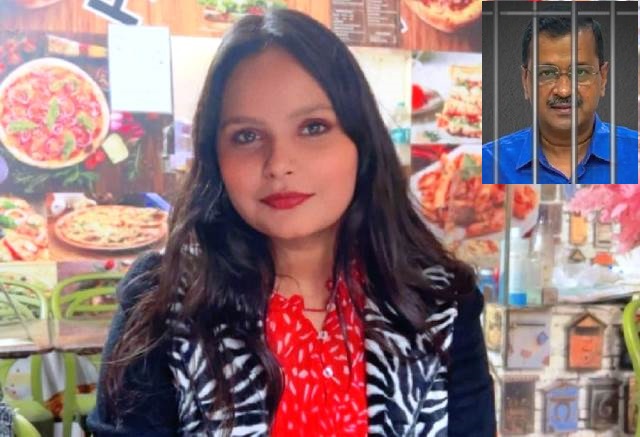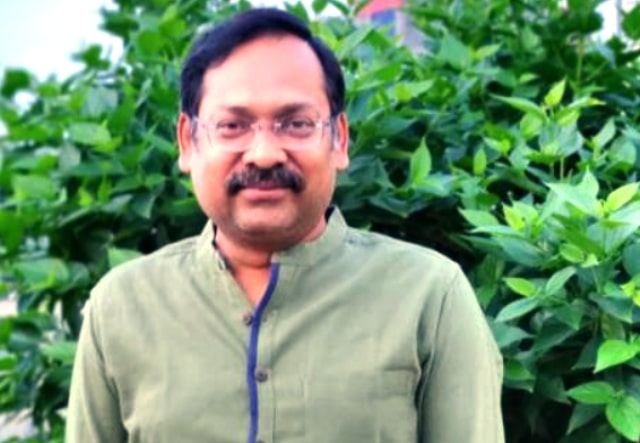Rani Rajput, a journalism student at Jagran Institute of Management and Mass Communication (JIMMC) in Noida, says Kejriwal’s arrest raises questions on ED impartiality. Her views:
My initial reaction to the arrest of Arvind Kejriwal and the ED (enforcement directorate) raids targeting opposition leaders was one of deep concern, while holding the commitment to objective and impartial scrutiny. This act of the BJP government clearly shows that they want to bring a certain kind of dictatorship in the country, since there is no evidence to show that the elected Delhi chief minister is guilty. These events raise questions about the impartiality of the law enforcement agencies, and the potential misuse of power for political purposes.
It is the same scenario with Deputy Chief Minister Manish Sisodia who is languishing in prison for over a year; even while the question remains about any solid evidence to prove the charges against him. If they are involved in money laundering, then show us where the money has gone? There is no money trail established thus far.
Indeed, we cannot keep anyone in jail like this merely on accusation and suspicion. Additionally, it’s crucial to uphold journalistic principles of transparency, accountability and the protection of freedom of expression, especially in an environment where political tensions are high. Hence, reporting about these sensitive cases should be based on unbiased, balanced, and evidence-based objectivity.
India is a democracy. Such acts reflect the characteristics of brazen dictatorial tendencies. We can clearly see that the current ruling party at the Centre does not want to give up their power at any cost. The arrest of opposition leaders and targeted raids by central agencies in the weeks leading up to the Lok Sabha polls, and earlier, can send a message signifying the suppression of dissent and the absolute dominance of those in power. In a democracy, there must be free and fair elections, transparency and rule of law must be followed. With these methods to suppress the opposition, it erodes trust in the democratic process and can lead to disillusionment among the citizens.
ALSO READ: ‘India Has Progressed But Suppression of Dissent Worries Me’
Besides, as a citizen of Delhi, I think Kejriwal and his government has done good work for the people of Delhi since they have focused on the basic needs of common citizens. More so, everyone’s needs cannot be fulfilled just by building temples! The initiatives, such as providing free water and subsidized electricity, have been widely praised for their direct and positive impact on the lives of citizens, especially those from disadvantaged backgrounds. These policies have helped alleviate the financial burden on low income households.
Similarly, in the education sector, the government’s investment in public schools, including infrastructure upgrades and teachers’-training, has led to enhanced educational outcomes and higher excellence in primary and secondary education for thousands of students, mostly coming from humble backgrounds. Additionally, initiatives such as mohalla clinics have expanded access to healthcare services for ordinary citizens.
However, it’s also important to consider the challenges and criticisms faced by the Delhi government. Some critics argue that the government’s policies may not be sustainable in the long-term. However, overall, Kejriwal’s government’s performance in Delhi depends on various factors, including their social welfare priorities and perspectives. Certainly, as a journalism student, it’s important to critically analyse, both the successes and the shortcomings of government policies.
As told to Amit Sengupta
For more details visit us: https://lokmarg.com/

